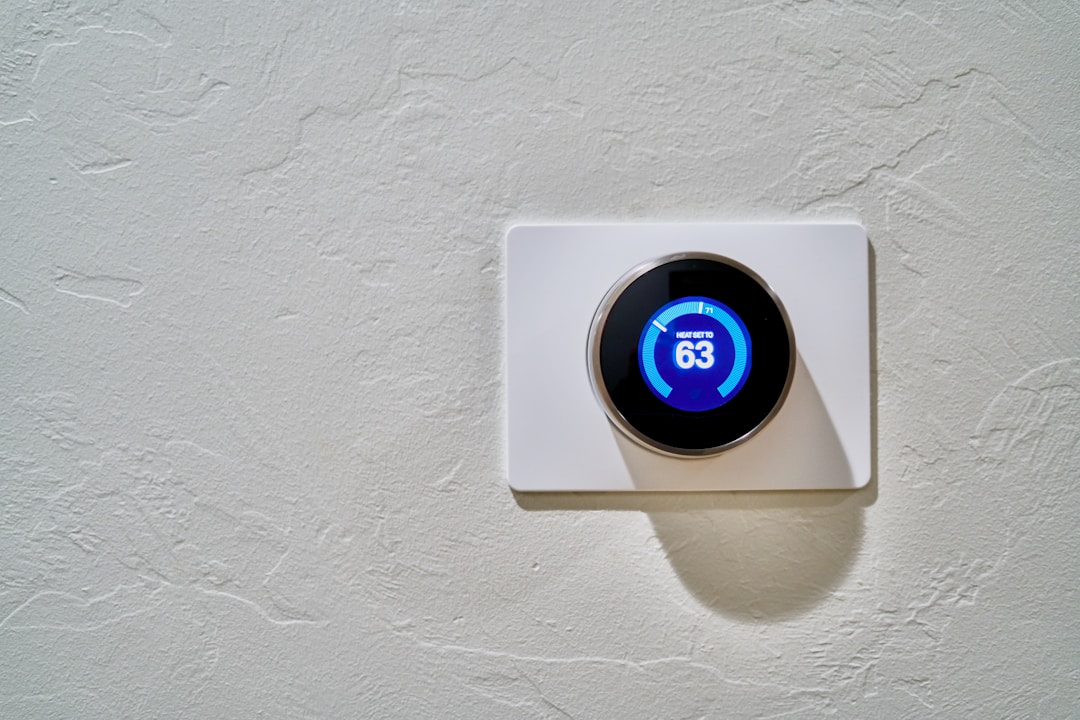With the summer months coming, homeowners are now preparing to get their home HVAC systems up and running for the warmer months. For all-around health and comfort, the air conditioning unit is one of the household’s most important pieces of residential equipment. Although there are many tasks homeowners can perform to secure their HVAC’s peak efficiency, there’s still no substitute for regular maintenance with a professional HVAC technician.
In the chance that you haven’t yet invested in an air conditioner and heater maintenance plan, you may be wondering when is the best time to have your HVAC equipment inspected for the coming season. Here, we will look at some of the most important ways to know when it’s time to set up proper preventive maintenance for your HVAC system.
The Warning Signs

The basic rule of thumb dictates that you perform a certain amount of yearly routine tasks on your HVAC equipment throughout the year. For example, your ductwork and ventilation system aren’t only used by the home’s air conditioner. Your heating system utilizes the same ducts and vents during the winter, as well as the air filters. For that reason, you should have all the internal ventilation elements cleaned by an HVAC technician before each major seasonal shift. Likewise, it would help if you changed your dirty filters for a clean filter every two months, all year. If you haven’t performed these small measures in a long time or taken the initiative to
schedule HVAC maintenance, you may have begun seeing the basic warning signs of low efficiency in your HVAC.
The most common tell-tale sign that you should schedule an HVAC maintenance inspection is if you’ve noticed a drop in your unit’s proper airflow. For example, you may have noticed that your home’s temperature isn’t matching the stated read-out on your thermostat, or certain rooms seem to be at a different temperature than the rest of the house. Any of these signs mean that your air systems aren’t reaching their peak performance. Although it’s always a good idea to double-check with an HVAC professional, you can run through a simple checklist of your own.
Your thermostat should be the first order of business. While this could be a long shot, if your thermostat unit is the cause of a problem, fixing it could save you on the costly repairs associated with the entire system’s possible breakdown. Check the thermostat’s batteries first, then continue to check each of your ventilation’s air filters for blockages and clogs. Dust, debris, and other biological contaminants could all clog up your filters, prevent proper airflow, and lower your home’s indoor air quality. In addition, by forcing you to run the HVAC at its highest settings with higher frequency, dirty air filters negatively affect your home’s energy efficiency.
The Best Time for HVAC Maintenance

If you aren’t sure when is the best time to schedule a maintenance appointment, keep two things in mind: an emergency is too late for any form of preventative maintenance, and each changing season requires specific upkeep. With that in mind, a maintenance check at the first signs of air system failure could help you avoid major problems and expensive repairs. Likewise, preemptively having an HVAC technician give your systems a tune-up weeks before predicted changes in the weather will guarantee both normal airflow and unit reliability when they’re needed most.
The best idea for homeowners unsure of the intricate maintenance issues that their HVAC unit needs is to invest in a routine HVAC maintenance plan. The one-time annual cost of entering into such a maintenance plan, emergency service, annual tune-ups, and discounts on electrical care and ductwork cleaning is all covered. In addition, keeping your HVAC system in the best possible condition doesn’t just guarantee your family’s health and comfort. By maintaining your household equipment, you’ve also raised your home’s property value for potential future homebuyers.














